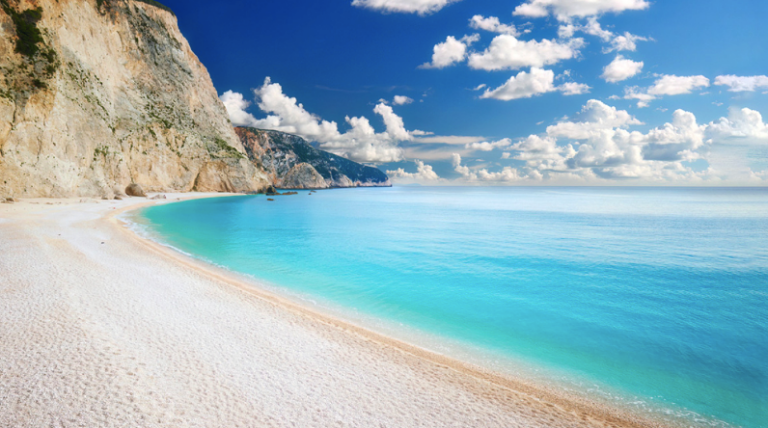Established and ministerial decision has been issued for the beaches across the country where sunbeds and umbrellas will be banned.
Specifically, the following announcement was issued by the Press Offices of the Ministries of National Economy and Finance and Environment and Energy:
Signed by the Ministers of National Economy and Finance, Mr. Kostis Hatzidakis, and Environment and Energy, Mr. Thodoris Skylakakis, the Joint Ministerial Decision, which defines the “inaccessible beaches”, was established for the first time by Law 5092/2024 (“Conditions for the exploitation of public property in coastal areas”).
These are 198 beaches throughout the country, located within the Natura 2000 network, where the granting and, by extension, the placing of umbrellas, sunbeds, etc., will be prohibited.
See HERE the 198 beaches
The “inaccessible beaches” were identified – as provided for by the same law – following a recommendation from the Agency for the Natural Environment and Climate Change (O.F.E.P.E.C.A.), with criteria including: the significant presence of habitats protected by EU or national legislation, rare endemic species of flora and fauna, the performance of important ecological functions for protected species, their designation as Key Biodiversity Areas, the presence of important ecosystems in need of protection and conservation or restoration.
The Minister of National Economy and Finance, Mr. Kostis Hatzidakis, said: “The central objective of the regulations, which we adopted with Law 5092/2024, is the combination of environmental protection with rational development. After all, the environment is a valuable component of the Greek tourism product.
Our aim is to be effective, which is why we are now implementing the general framework of protection for ‘remote beaches’, which will remain in force until the Special Environmental Studies commissioned for Natura 2000 sites are completed. We are putting public property in order, with a strict framework of rules, penalties, and obligations for concessionaires, a strengthened system of controls, transparency, and determination to implement the law.”
The Minister of Environment and Energy, Mr. Thodoris Skylakakis, said: “We are taking an extremely important initiative to protect 198 beaches – identified following a recommendation by the O.F.P.E.K.A. – located in various areas of the country’s Natura 2000 network, i.e., areas of high, ecological importance.
Our Ocean Youth Leadership Summit OOYLS as part of 9th Our Ocean Conference
Our decision on the so-called ‘unspoiled beaches’ provides that they will not be allocated for tourist use, as the environmental aspect of these beaches is more important than the development – investment dimension”.
According to the EIA, the granting of the right to the simple use of the seashore and beach, as well as any other action that may endanger their morphology and their integrity in terms of their ecological functions, in particular:
(a) the presence of motor vehicles,
(b) the organization of events involving more than 10 persons,
(c) music or the production of other sounds using an electrical reproduction or amplification device for the purpose of carrying out activities
(d) the placing of mobile elements such as table seats, umbrellas, sun loungers, etc.
(e) the carrying on of activities for the benefit of bathers or for the recreation of the public, for the hire of marine leisure facilities,
(f) the operation of a mobile or towed refreshment stand.
Ask me anything
Explore related questions





